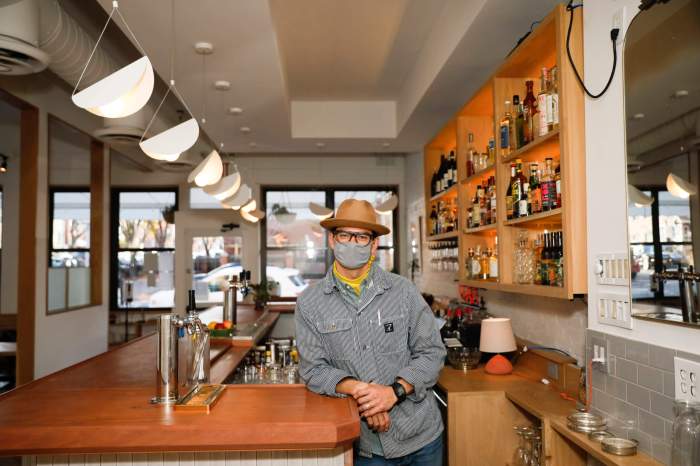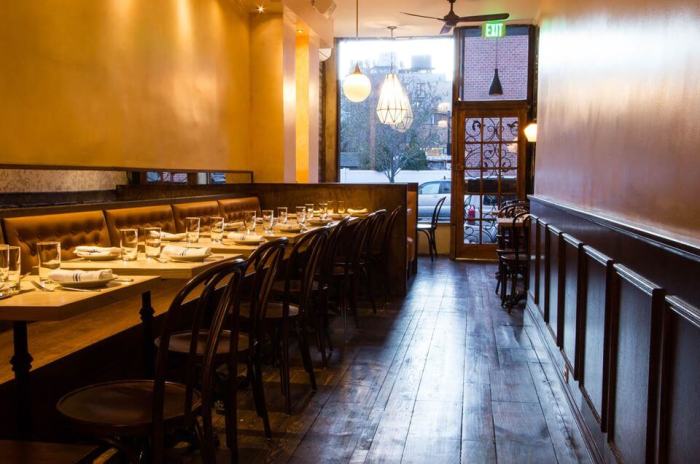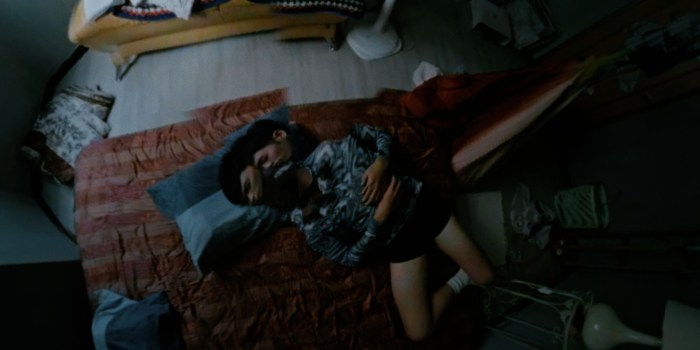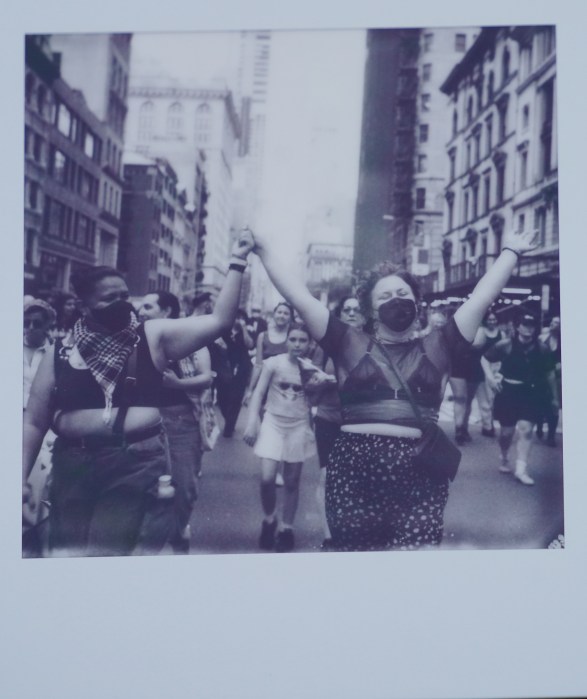On Mar. 11, 2020, then-President Donald Trump announced a 30-day US travel ban for most European countries as COVID-19 surged throughout the world. For many New Yorkers, that day is committed to memory, as what was at first a conversation about circumstances abroad became a reality at home.
In China, residents wore face masks and kept their children from going to school — something that at the time sounded straight out of a film scene, but soon began to materialize across the Big Apple. Not long after a forced shutdown of nonessential businesses, the five boroughs went quiet, some streets undergoing permanent changes still felt in 2022.
By the end of Summer 2020, more than 2,800 street-front businesses closed across the city, according to data released by business review site Yelp. Reports across the board documented how small business owners had exhausted federal and local assistance after months of sharp revenue drops with no end in sight.
To this day, New Yorkers are keeping tabs of those beloved restaurants, bakeries, bars and stores that have come and gone. The closures did not discriminate — brand new businesses and legendary staples alike had to pivot, relocate, or say their goodbyes in hopes of a second chance down the road.
Where are they now?
“We had to keep reinventing all about the business from content to logistics every week to two weeks, based on new guidelines,” said Uma Kimar, theater company director and performer at Bed-Stuy’s Black Out Ushers. “People kept saying pivot, pivot, pivot since the show industry was ruined, and in many ways, we did.”
Black Out Ushers went virtual as fast as they could by renting filming equipment, which Kimar stresses wasn’t cheap. The company had to develop shorter enough shows to keep the audience engaged, but long enough so that they felt paying money to see it through their laptops was worth it.
“And then, at the end of each show, there was the silence of emptiness, of course,” she said.
Kimar’s team put together 12 shows over 16 months, instead of season-long feature shows. The company set up performances on roof-tops, parks, community gardens, and street corners before it ultimately dissolved. “If that’s not pivoting, I don’t know what is and I don’t want to keep finding out, but I am proud of everything we did.”
While Black Out Ushers is no more, Kimar said many of the performers she used to work with are currently performing in other cities.
The entertainment industry was far from alone in its transformation.
Two years of working from home changed more than the city’s real estate panorama. As homes turned into offices, work hours became time to spend with pets. Before COVID, New Yorkers would often encounter packs of dogs pulling their paid walkers around, but not so much over the last two years.
Sticks & Bones, a Bushwick based dog-walking company, once employed eight walkers and cared for 80 dogs. For an entire year, at the height of the pandemic, it came down to founder Michael Chiaravalloti, and about five pups.
“The business was hanging by a thread until suddenly people started getting dogs,” he said. Animal shelters were in high demand in the early days of the pandemic, and had double the typical number of adoption requests for months, leading some to start wait lists that lasted well into 2021.
Today, Sticks & Stones services about 15 canines — down more than 80 percent since its glory days pre-pandemic — and Chiaravalloti still manages the company remotely after he moved to Connecticut for a new in-person job.
“I don’t think I have to go back to New York,” he said. “I’m glad the company I built wasn’t permanently wiped out. I figured I will keep it going since it doesn’t interfere with my new job for now.”
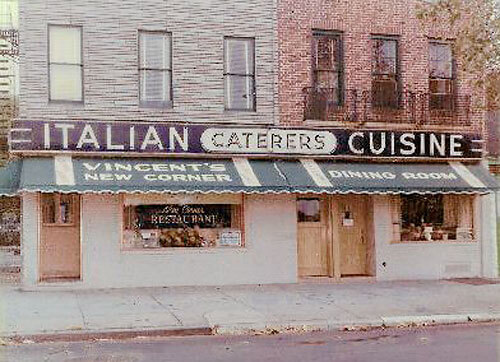
Even two years into the pandemic, as mask and vaccine mandates relax across the city, many Brooklynites remain in mourning, unable to forget their decades-long favorites that didn’t make it — among them, Carrol Gardens Classic Diner, Angry Wade’s bar, the clothing store, Bird, New Corner restaurant, and countless others.
“We knew that no businesses lasted forever and that New York just keeps renewing itself,” said Regina Thomson, former owner of Stirred & Shaken, a Flatbush bar that was known for hosting large crowds and live music from 1999 through 2020. “But for a bit, it did feel like we had made it. We loved that life, we were welded to those four walls, but a heart-breaking global disaster forced us out.”
Since closing Stirred & Shaken, Thomson has spent her time traveling, and could rarely be found in New York in 2021. But, she says she keeps in touch with her eight former staffers — all of whom have found new jobs — and that there may be another bar in her future.
“I want to, eventually, do it all over again, but I’m not ready yet and money is tight now that I only have what used to be my side hustles,” she said. “If it happened, it’d have to be in Brooklyn, but I want it to be something with unknown and talented musicians of all ages of all genres trying new things. This town must keep being all about that.”











